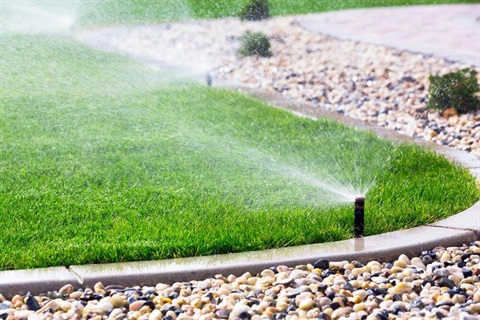Greywater

What is greywater?
Greywater is the relatively clean water generated from using a shower, bath, laundry, hand basin and kitchen – it doesn’t include water from the toilet.
Capturing greywater and re-using it on the grass or garden can help reduce the strain on the town water supply and save money on water bills.
Using greywater can be as simple as bucketing it out by hand into the garden (cheap but a little labour intensive), or as complex as installing an automatic diversion, treatment and irrigation system (very convenient but more costly to set up).
Is greywater safe to use?
Greywater has a high chance of carrying disease causing micro-organisms, fats, oils, detergents, salt and other things derived from household and personal cleaning activities that make it unsafe for people to drink. However, if properly used, these pose little threat to health and the environment.
Greywater isn't suitable for use on your veggie garden, fruit trees, or areas where kids and animals play, but for watering decorative parts of your garden or for flushing toilets in your home, it can be a great way to save drinkable water for where you need it most.
An effective way to improve the quality of greywater is to change the type of detergents, soaps and cleaning products used in the house.
Do I need approval from Council?
Manual bucketing of greywater for residential premises in sewered areas does not require prior approval from Council.
Prior approval from Council is required if a greywater diversion device is installed. However, if the property is a single residential premises connected to the sewer, Council approval is not required if the conditions listed under the NSW Health Guidelines for Greywater Reuse in Sewered Single Domestic Premises are met.
If re-use of greywater is to occur inside the home, treatment systems are necessary, and Council approval is required to do this. For further information, please contact Shoalhaven City Council on 02 4429 3598.
Find out more information follow this link to Shoalhaven City Council's Onsite Sewage Management page.